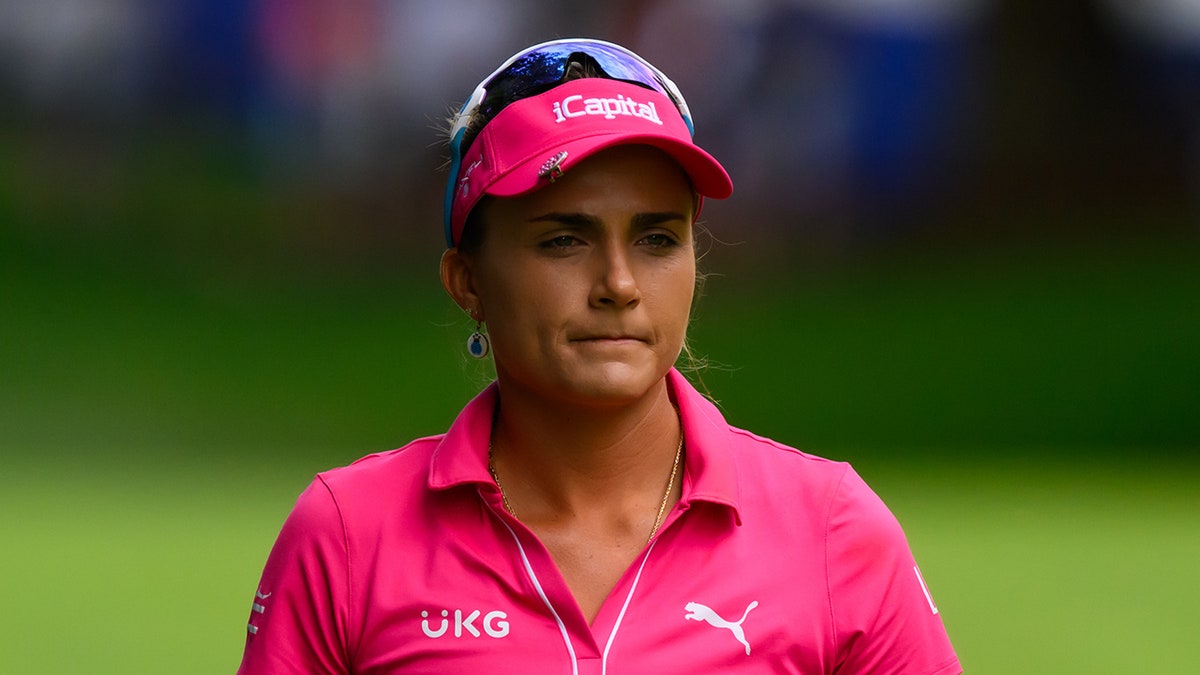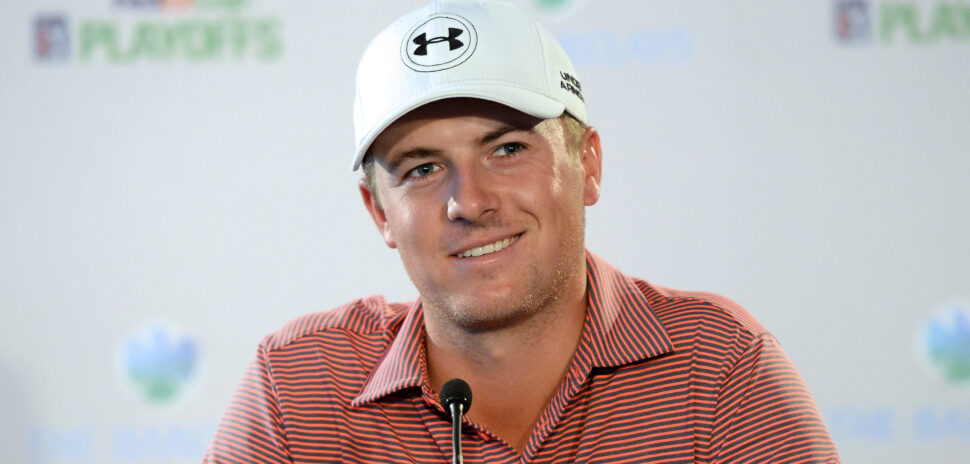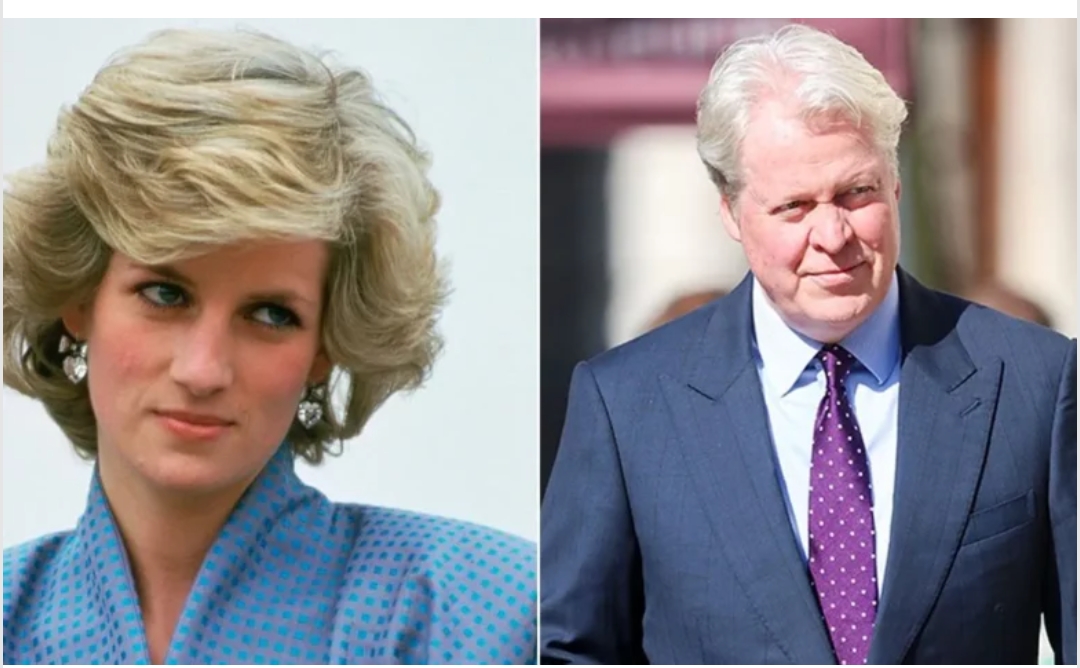She is still finishing up her season, but it is fair to call Lexi Thompson an LPGA Tour legend.
It is usually a custom to refer to players as legends after their careers have come to a close, but though Thompson will not be on Tour full-time starting next year, retirement was not the word she used at this year’s U.S. Women’s Open when citing mental health as a main reason behind taking a step back from the game she has always loved.
“I think we all have our struggles, especially out here,” she said back in May. “Unfortunately, in golf you lose more than you win, so it’s an ongoing battle to continue to put yourself out there in front of the cameras and continuing to work hard and maybe not seeing the results you want and getting criticized for it. So, it’s hard.
I’ve struggled with it. I don’t think there’s somebody out here that hasn’t. It’s just a matter of how well you hide it, which is very sad.”
Thompson fought back tears as she poured out her heart and mind about her decision, and months later, she told Fox News Digital how that decision to tell the world how she was feeling led to massive support throughout the game. “It’s been a lot since the announcement, but all in good ways,” Thompson, who also discussed her choice of Maxfli golf balls for her final full-time season, said. “I’ve gotten nothing but love and support from, of course, my family, but other competitors as well. I feel like the things I said that week kind of opened the door for fellow players and just people in general to be open and honest about how they’re feeling inside and know they’re not alone or that they have to hide certain emotions.
“I feel like that really hit a lot of people more than my actual announcement itself. That’s a big part of it, but I’ve gotten nothing but support from fellow players and everybody around me.”While soaking in all the praise, Thompson has had time to reflect on her stellar career in golf. Again, the word “retirement” was not used, but Thompson did reveal what she would like to be remembered for on and off the golf course.
“I would want people to think about my career as, of course, a talented golfer,” she began. “That’s part of it. But I just want people to see me as somebody who gave back to the game, who realized the importance of what went into the tournaments and just the Tour and just being grateful for being out there.
“[I] gave back and made it a better game and helped the women’s sports just grow and getting kids involved at a younger age. I think that’s what I want to be seen as. – a role model. A role model for kids to look up to and strive to be.”



